The New York gun registration bill and assault weapons ban was passed in 2013. However, New York's crime rate in general - and gun crime with it - has been consistently falling since 1990. It's not reasonable to ascribe to legislation a result that predates it by 23 years.
Moreover, the New York gun ban is unconstitutional, and the case is stepping its way up through to the supreme court. Not only that, but they are in violation of "full faith and credit" by refusing to recognize other states' permits. The authors/supporters of the bill knew it wouldn't stand up to public scrutiny, as it was brought for a vote a mere 24 hours after being introduced. It's remarkable how often statists (who repeatedly try to claim the high ground in morality and transparency) force through legislation in the literal dead of night.
Moreover, here are violent crime rates overlaid with important firearm legislation -
Note that not only does this mirror the above graph, showing the new york crime rate drop predates their gun ban by 23 years, there is also no correlation between gun control legislation and changes in the crime rate trend. In fact, there was a nationwide drop in crime during that time. But New York dropped much more than other states. MUCH more. Why? Well, partly surely because it was so high to begin with, but really what it boils down to is
they hired more policemen and engaged in "Hot-Spot Policing" - IE, stationing officers more where the problem is worst.
But it's a double edged sword - consider all the media scandals and stories we've had in the last few years of new york cops engaged in civil rights violations, "stop and frisk," or just the outright shooting of innocent civilians by NYPD. Yes, crime does go down very fast under a
police state.
Here's another interesting graph. What would you expect to happen when the Assault Weapons Ban expired? Crime to shoot up? (If you'll pardon the pun) Wellll...
Huh.



